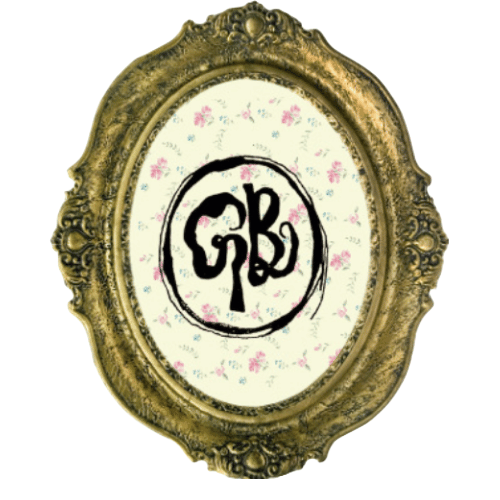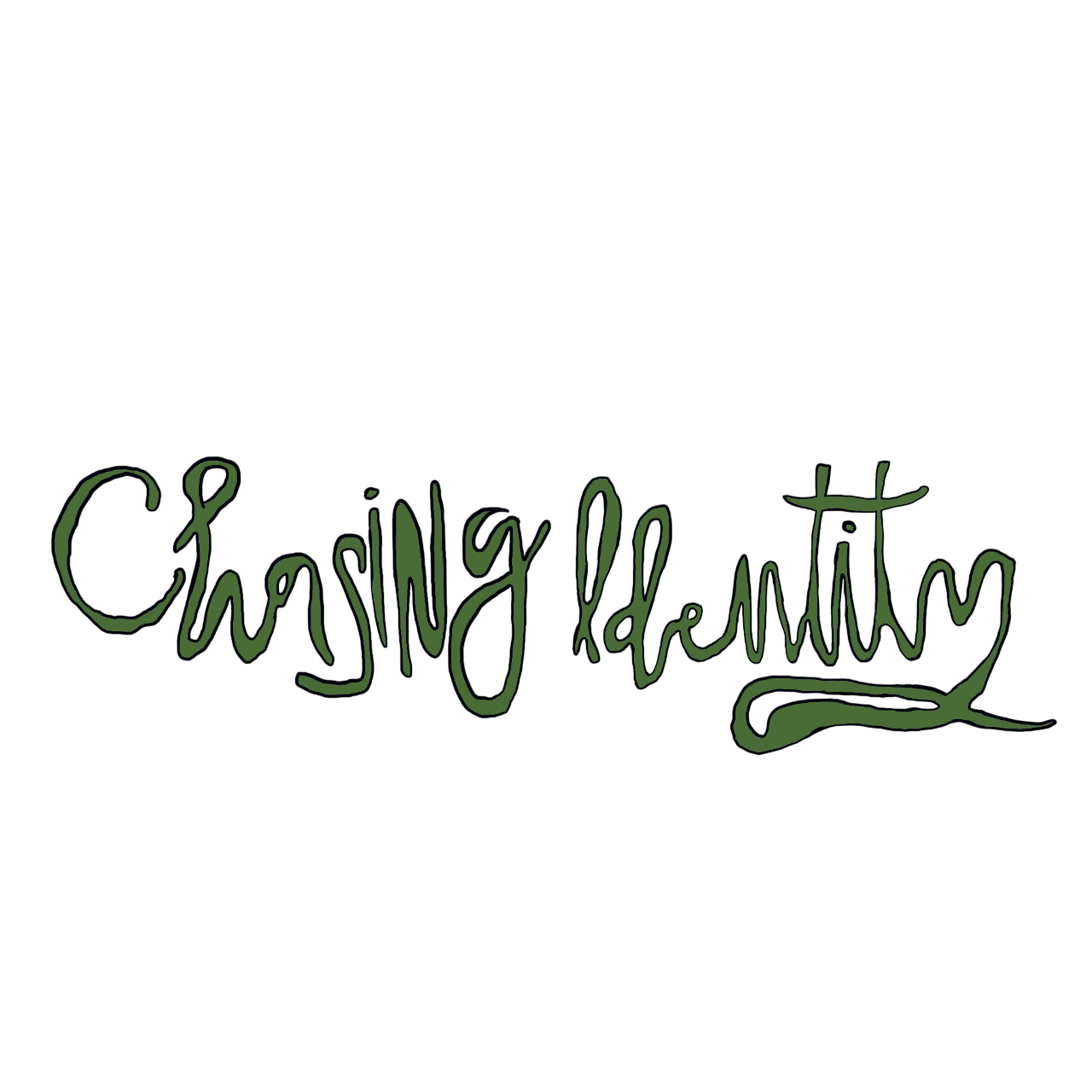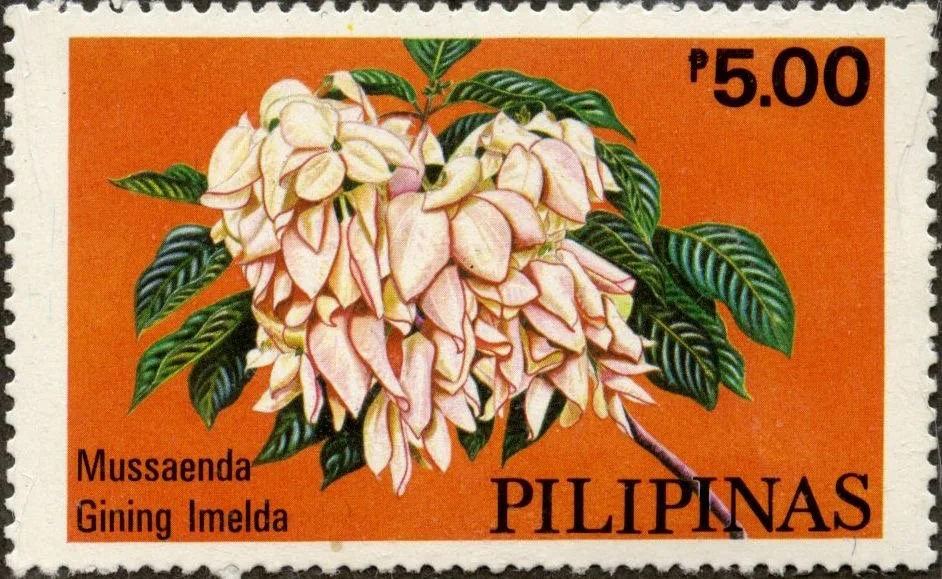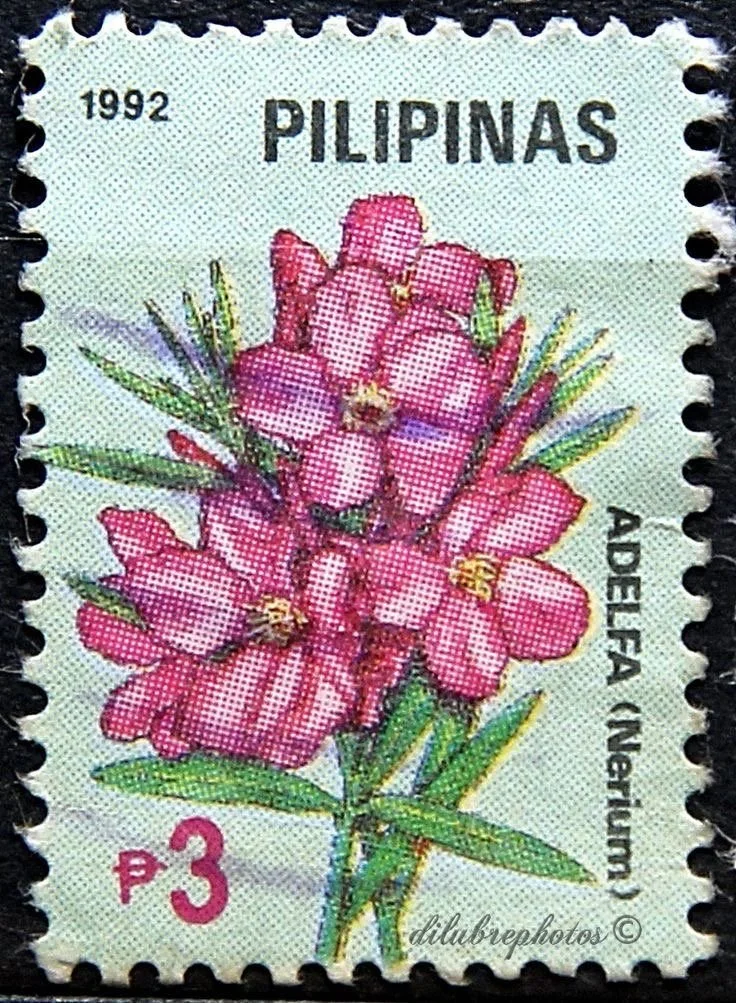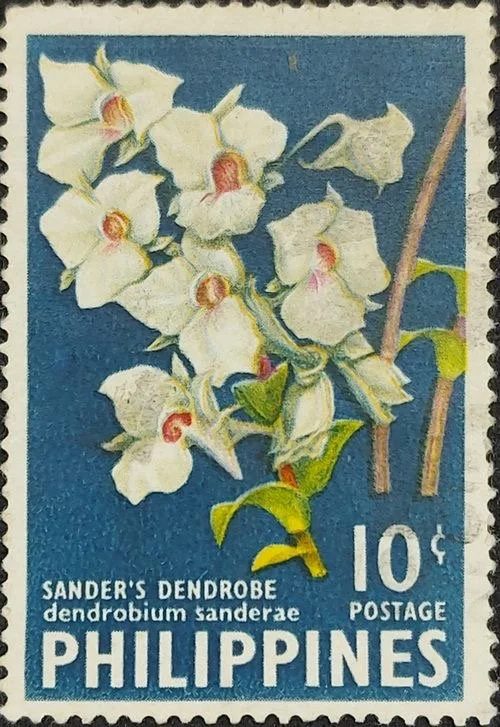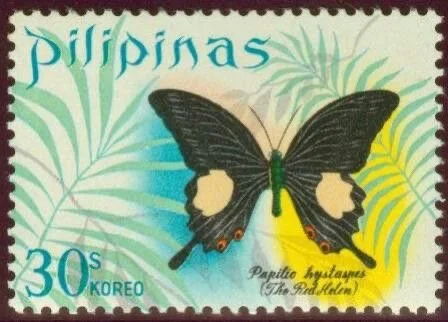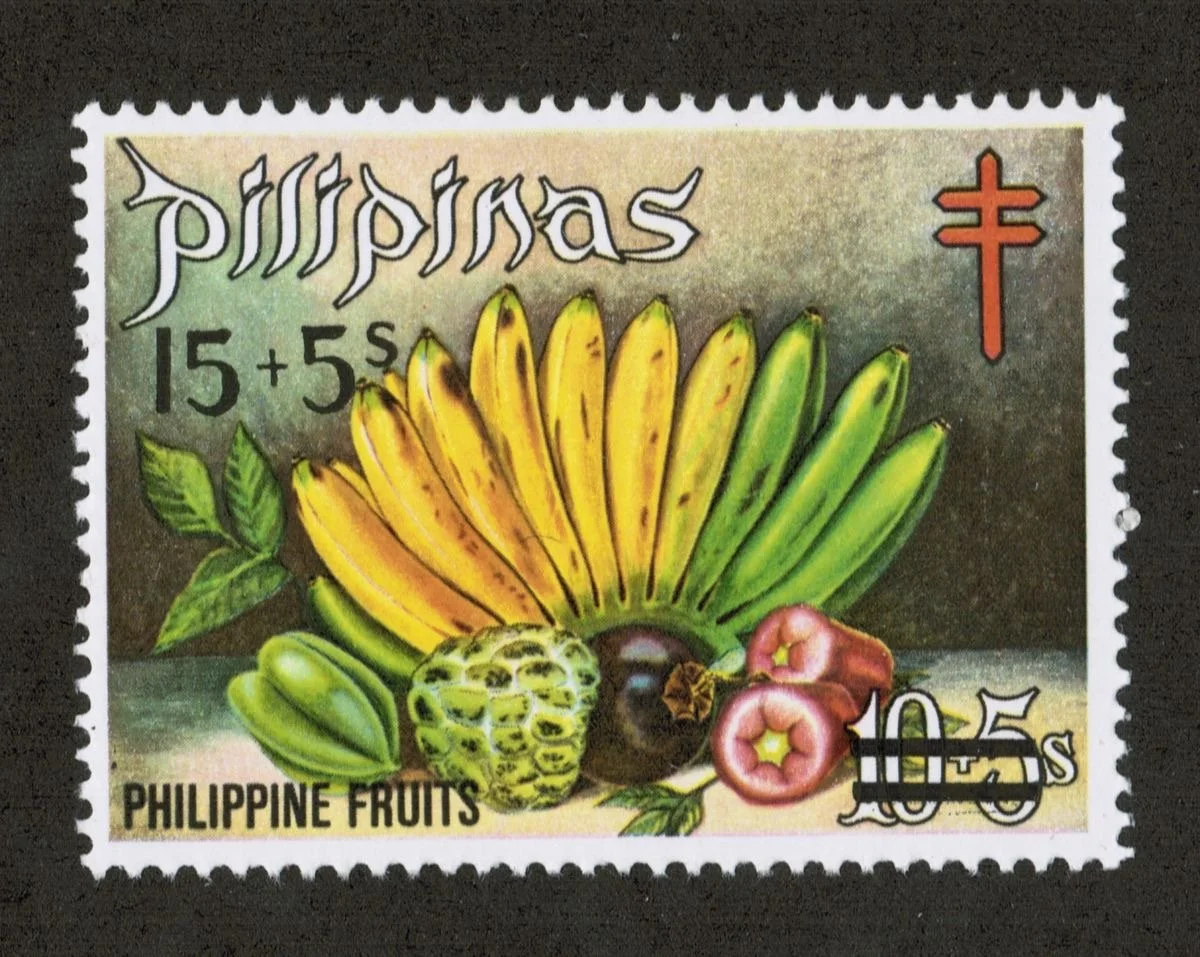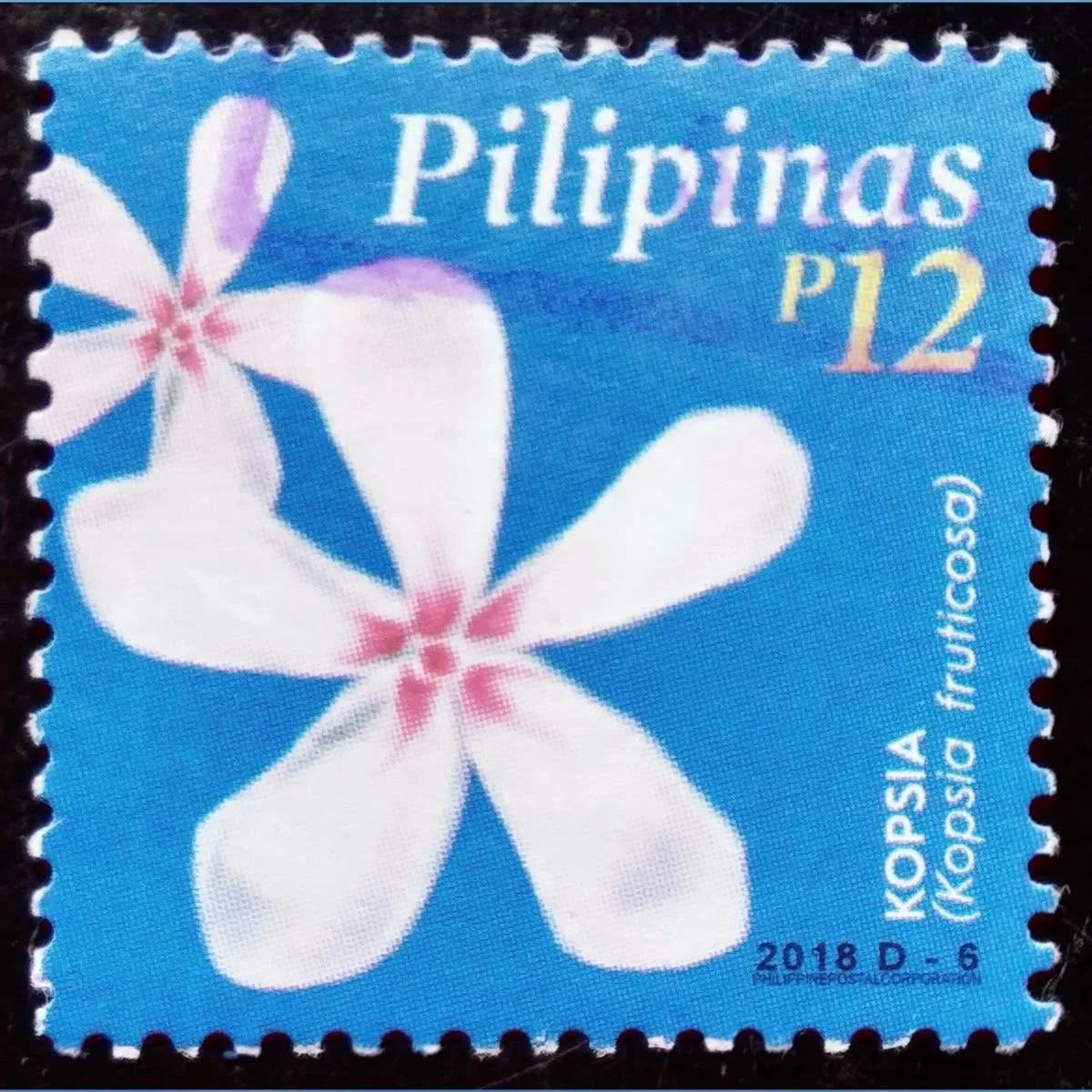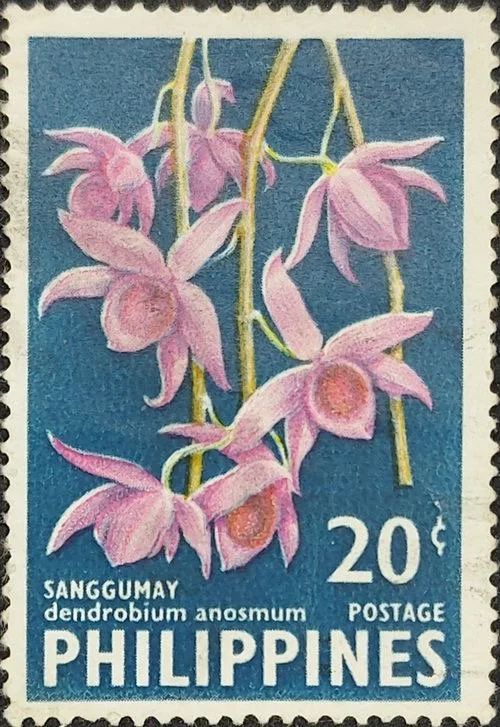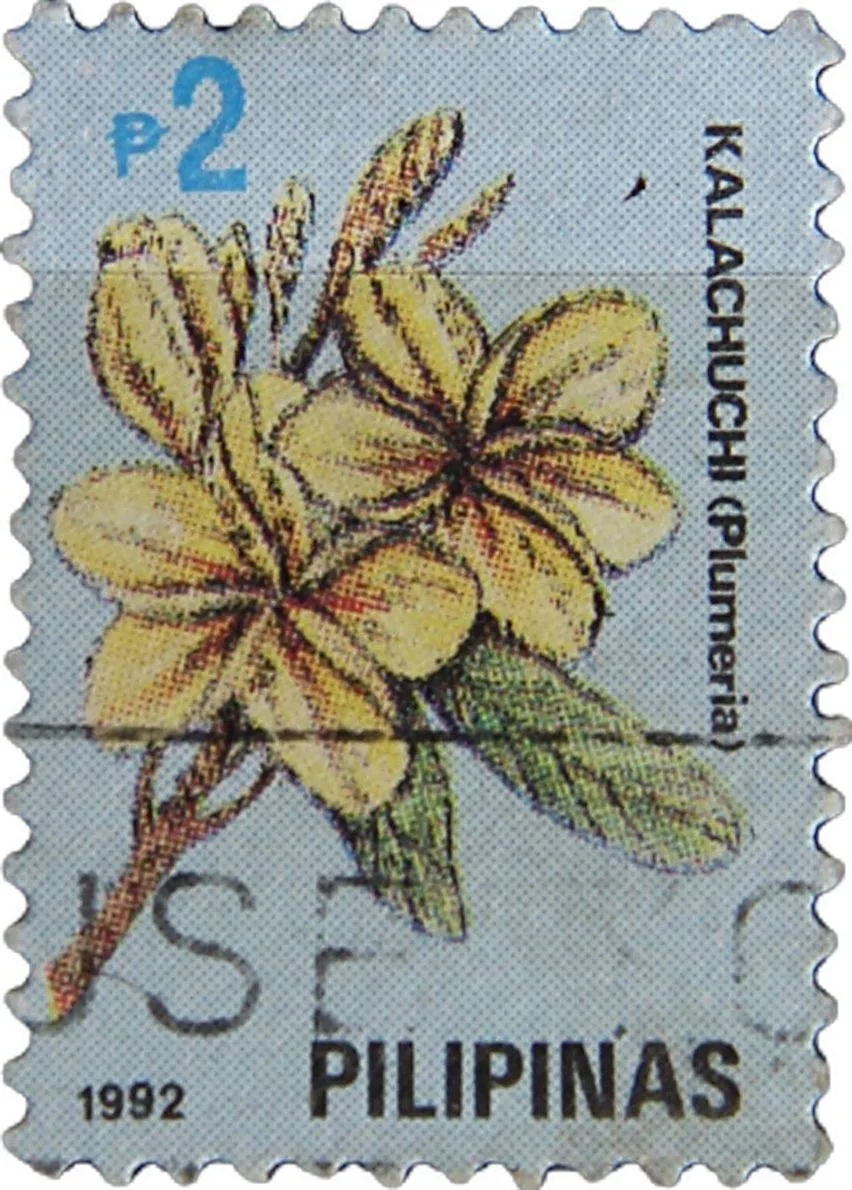By: Grace Barrera
A quest to learn more about my identity as a biracial individual through exploring my family’s emigration from the Philippines.
Pagkakakilanlan means "Identity" in Tagalog, the most common native language spoke in the Philippines.
Growing up in Southern California as a biracial person has come with its ups and downs. While the community of people who look like me and share similar ancestry is very present in Southern California, majority of the spaces I grew up in were predominantly white, leaving me feeling disconnected from myself and my Filipino ancestry.
I am 50% Filipino and 50% white and for the majority of my life I have felt both "too white" for Filipino spaces and "too Filipino" for white spaces. This project has allowed me to explore my identity as a Filipino American as I have been able to meet and interview fellow Filipino Americans living in Southern California and share my late grandparents story leaving the Philippines and making home in California in the late 1960s. Through these conversations, I have been able to connect to a side of myself that I have always longed for and remember where I came from.
Click Here to Read My Long-form Story about my family’s emigration from the Philippines.
A Conversation on Filipino Identity with Dr. Valiente-Neighbours (Dr. V)
Dr. Jimiliz Valiente-Neighbours (Dr. V) and I were able to sit down and have a conversation about Filipino identity, moving to the U.S. and navigating life as a Filipino American. Dr. V is a Sociology professor at Point Loma Nazarene University who teaches courses such as Introduction to Sociology and Race and Ethnicity. She has written the article, “Mobility, Embodiment, and Scales: Filipino Immigrant Perspectives on Local Food” (2012) and is the creator of Kagitingan, a moving documentary play that honors the untold stories of Filipino World War II veterans through music, movement, and the actual voices of those who lived it.
Behind the Scenes: The Ancestral Practice of Batok
Through a simple Google search for Batok practitioners, I was able to meet Francis (Kiko) San Diego and can say now that I have gained new family. There aren’t many practitioners here in the U.S. and there are only a handful here in California. Tribal Korner, Kiko and his wife’s business has been around since 2020. The two artists who also work as full time nurses represent what it means to be Filipino through their passion for connecting others with their culture.
As Kiko said, “Sometimes in order to do these traditional practices, we need to go outside of what society considers the norm and we just gotta do the work.
